Leaders and cadres of the Muslim Brotherhood have presented several initiatives over the past three years calling for reconciliation with the ruling regime in Cairo, amid complete silence from the Egyptian authorities.
According to analysts and sources close to the Brotherhood cadres who fled Egypt, speaking to “Annahar”, these initiatives came as a reaction to the tightening grip on the group’s members, who were considered a “burnt card” and “failed” in the eyes of the diaspora countries that hosted them after their regime was toppled following massive protests supported by the army on June 30, 2013.
The pace of reconciliation efforts by the group’s cadres has noticeably increased in recent weeks, the latest being a statement broadcast by Brotherhood leader Mohamed Emad Saber on his page on “X”. The statement came days after a video by YouTuber Ali Hussein Mahdi, affiliated with the Brotherhood, who recounted his experience after returning to Egypt and receiving a presidential pardon shortly after being imprisoned under a life sentence.
Alongside the successive initiatives, members affiliated with the group have courted the Egyptian state with phrases completely different from the discourse the Brotherhood adopted for more than ten years.
Solution or Dialogue?
Dr. Amr Abdel Moneim, an expert on Islamic movements, believes the Brotherhood is seeking a solution, not dialogue as they claim, just to get out of their crises and problems.
Abdel Moneim wonders in his talk with “Annahar”: “Why is the proposal renewed every period with different and changing terms: reconciliations, settlements, reviews, acquittals, and finally dialogue?” He adds: “We must look at the phenomenon of political Islam and the components of its continuation in the Arab world, especially with the recent repercussions of the Al-Aqsa flood events and Ahmed Al-Shar’a’s rise to power in Syria, who has an armed jihadist background.”
He points out that “most Brotherhood and jihadist groups abroad see overthrowing the state, sharing roles between ‘peaceful’ and armed revolutionary uprisings, so they want a solution, not dialogue, but on whose terms? The defeated never impose their terms.”
He adds that past political deals have ended, but he believes some “reviewers” are sincere, hence they face fierce attacks from the group’s media platforms and their sincerity is questioned.
No Reconciliation
For his part, Dr. Fathi Al-Sharqawi, professor of political psychology, distinguishes between official and popular reconciliation.
Al-Sharqawi tells “Annahar”: “Official reconciliation has goals that only decision-makers in the circles of power may know, so it cannot be predicted.”
At the popular level, he believes “there is no reconciliation with blood,” adding: “I do not think Egyptians accept reconciliation with the Brotherhood, who tried to terrorize the people and use force and threats… Egyptians cannot accept reconciliation with them.”



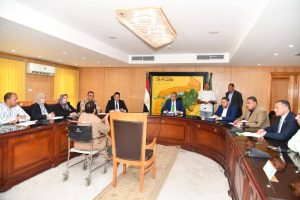
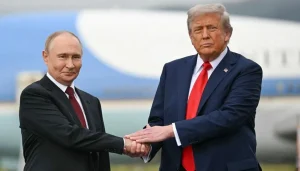
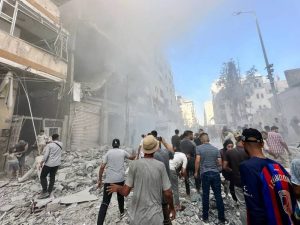
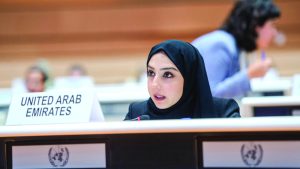



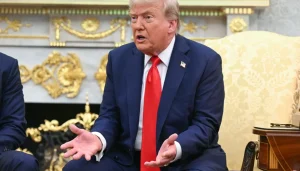
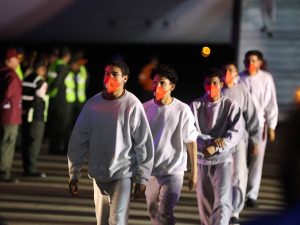

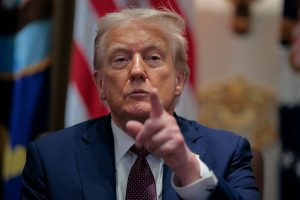
Recommended for you
Exhibition City Completes About 80% of Preparations for the Damascus International Fair Launch
Talib Al-Rifai Chronicles Kuwaiti Art Heritage in "Doukhi.. Tasaseem Al-Saba"
Unified Admission Applications Start Tuesday with 640 Students to be Accepted in Medicine
Al-Jaghbeer: The Industrial Sector Leads Economic Growth
Ministry of Media Announces the 10th Edition of 'Media Oasis'
Love at First Sight.. Karim Abdel Aziz and Heidi: A Love That Began with a Family Gathering and 20 Years of Marriage